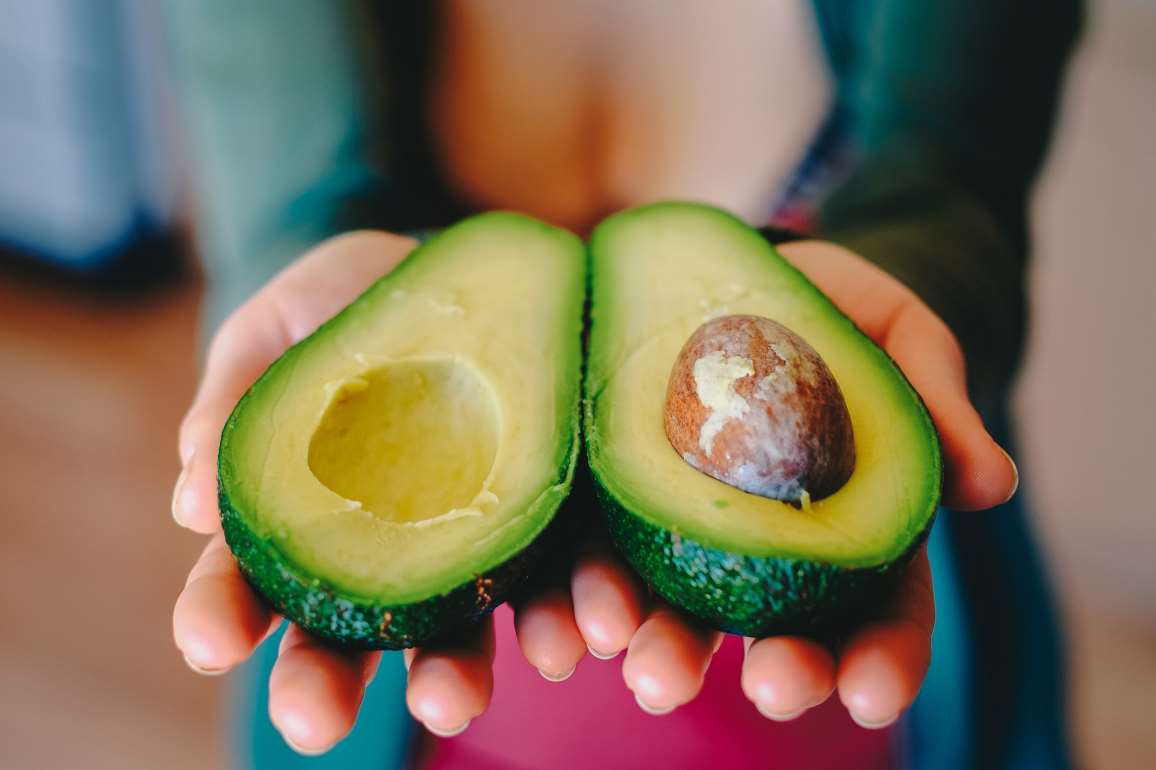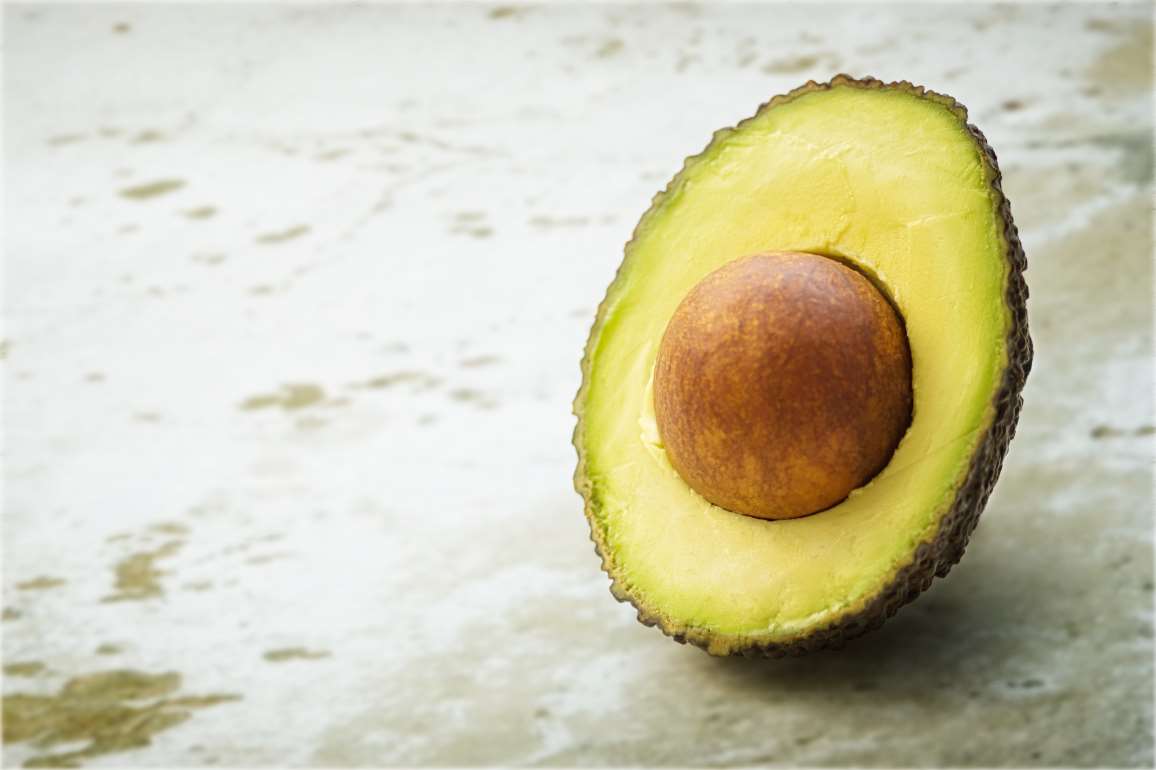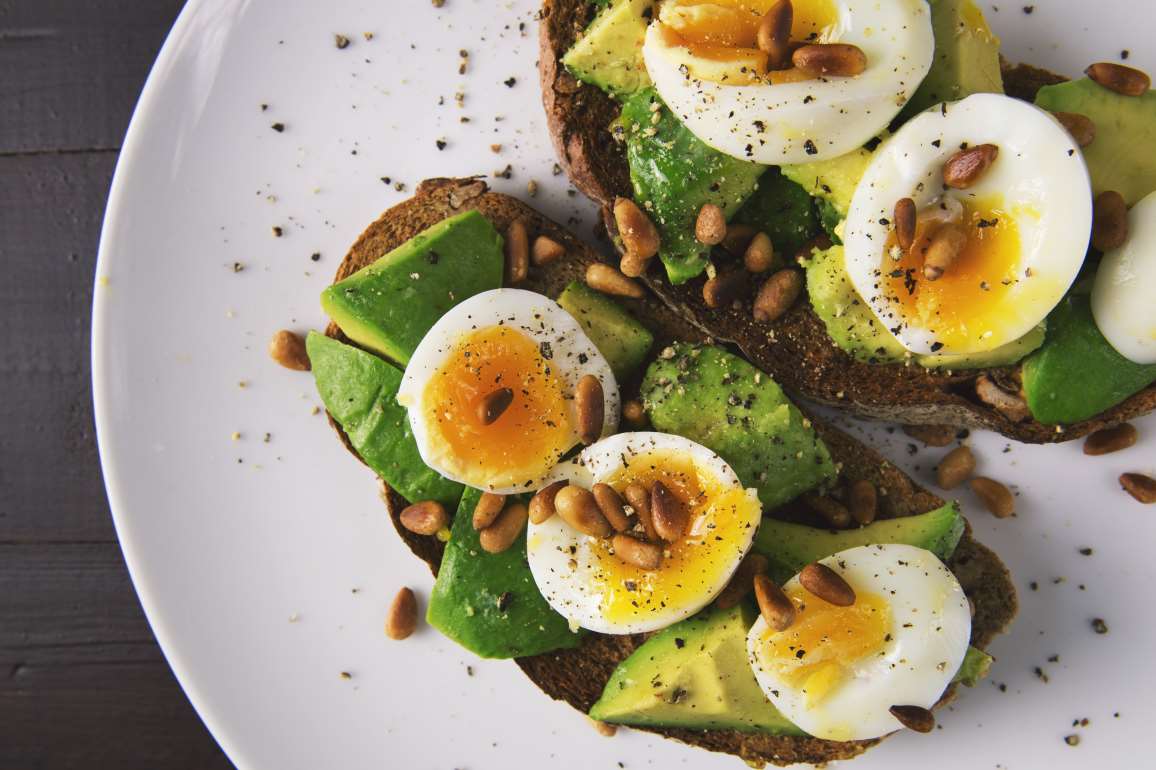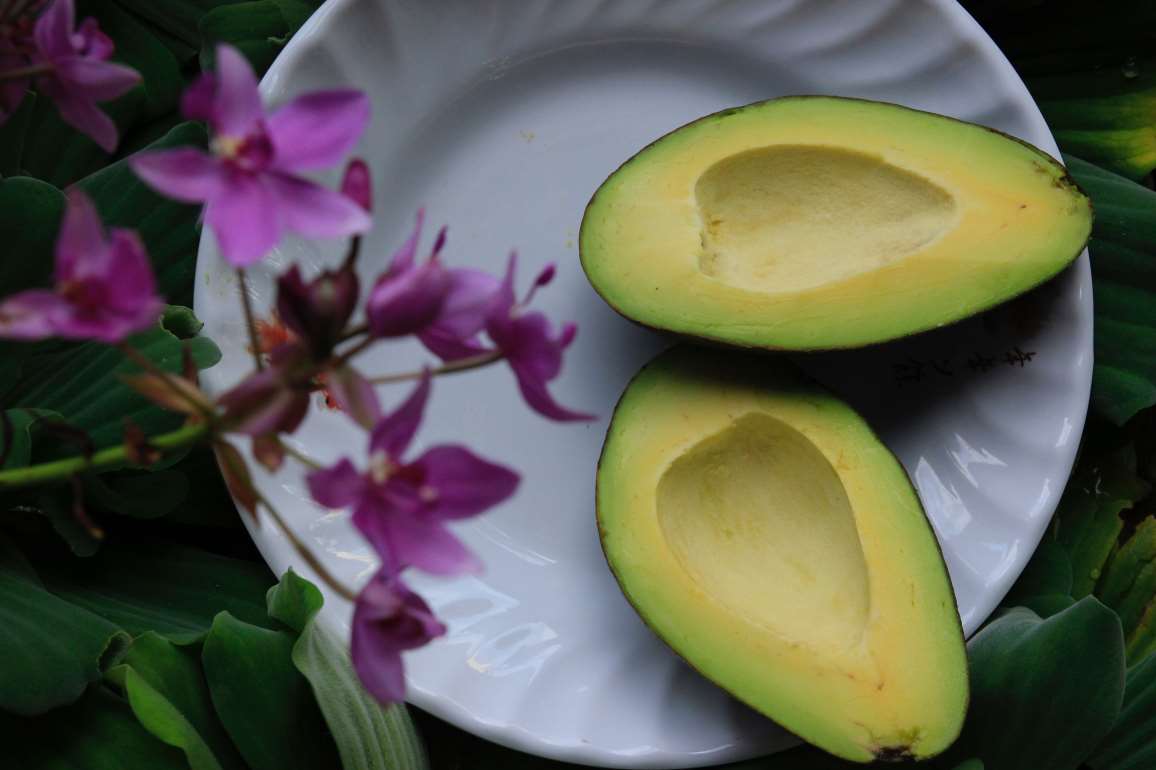10 Lovely Health Benefits of Avocados
Author: Margaret Dew
August 12th, 2018 • 7 min read

Inspiration of the article:
“Success is how high you bounce when you hit bottom.” —George S. Patton
If you don't love avocados at the moment, it's probably safe to assume that you are allergic to them or out of your mind. Just kidding. But the health benefits of avocados are a tremendous boost promoting a healthier body overall!
They're not only delicious but they are also one of the most satisfying foods on the planet!
These wonder-fruits (my just-made term for an absolutely fabulous fruit) are packed with anti-aging, disease fighting antioxidants and just about 20 other different minerals and vitamins included as well.
The list of health benefits of avocados deserve their own little sections as we will see shortly.
Avocados are a fruit, considered one of the most fatty (healthy fats, mind you) fruits on the planet by many nutrition experts. They're both creamy and delicious in many recipes. And the best part about them is that no one will likely tell you that you have bad eating habits, because increasing intake of avocados will just be more beneficial to your health (as long as you're not eating in excessive amounts because like every other fruit out there it does contain calories that you need to manage when dieting).
Without further ado, let's go over the health benefits of avocados:
Avocados are Very Nutritious

Avocados are commonly praised for their nutritious value and their ability to make dishes more flavorful when added.
It's not suprising to see them make their way into the list of superfoods as well, given its health properties (1).
One avocado contains:
- 240 calories
- 3g protein
- 12g carbohydrates
- 24g fat
Related: 9 Best Foods to Avoid To Lose Weight
This might not be the ideal serving size that you wou'd normally be looking for. So how about a slice of avocado? That sounds just about right when included in your average dish:
The USDA National Nutrient Database shows that 1/5 of an avocado (1 slice) contains (2):
- ~64 calories
- 3.4g carbohydrates
- slightly less than 3g fiber
- slightly less than 1g sugar
- slightly less than 6g fat
Which eventually adds up to the former amount when we do the math.
Related: 9 Best Health Benefits of Flaxseeds
Here are some of the rich nutrients that a 100g (3.5 oz) serving of avocado contains, according to nutritiondata (3):
DV = The daily value for an average person
- Potassium: 14% DV
- Vitamin B6: 13% DV
- Vitamin C: 17% DV
- Vitamin B5: 14% DV
- Vitamin K: 26% DV
- Vitamin E: 10% DV
- Folate: 20% DV
Some of the smaller amounts of nutrients contained are managanese, magnesium, zinc, iron, copper, phosphorus, vitamin A, vitamin B1, vitamin B2 and vitamin B3.
I sure won't be remembering all of that at the top of my head!
Here are more avocado health benefits:
Avocados Keep Your Heart Healthy

Avocados contain 25mg per 1oz of a natural plant sterol called beta-sitosterol. Beta-sitosterol and other plant sterols have been shown to improve and maintain healthy cholesterol levels in individuals if regularly consumed (3).
Studies suggest that regularly consuming an avocado may also enhance properties of HDL cholesterol (the "good" cholesterol), which help protect the heart from arteriosclerotic vascular disease.
Related: 3 Principles to Eat More and Still Lose Weight
The abundant source of potassium also make avocado a powerful fruit to combat hypertension. In addition, the potassium in avocados may help relax the tension of blood vessels and arteries, leading to reduced risk of clotting, strokes, and heart attacks.
Avocados Keep Your Kidneys Healthy

For those suffering from chronic kidney disorders, a good diet plays a very important role in maintaining the balance of fluids and minerals. The potassium present in avocados are one of the minerals that contribute in maintaining a normal heart rate (4).
Read: 14 Eating Mistakes That Make You Gain Weight
However it's important to ensure that potassium levels are not too high as it can potentially become dangerous for the heart. Nonetheless, potassium is a key aspect of maintaining a fluidity balance through chemical channels for organs and cells which are also crucial for the kidney functioning, which is responsible for the movement of fluid and toxins throughout the body.
Avocados Are a Good Source of Dietary Fiber

Chances are that you might just be lacking some fiber to your diet. According to the Academy of Nutrition and Dietetics, most americans only consume an average of 15g of fiber in a day, just 10 short from the average recommended fiber intake for women (25g) and 38g of fiber for men.
Read: Top 10 Uncomplicated Ways to Lose Weight Fast
The fiber is crucial to maintaining healthy, lower cholesterol levels as it helps protect your cardiovascular health. It also keeps your blood sugar balanced by slowing down the absorption rate of carbohydrates.
Avocados Improve Vision
Avocados contain zeaxanthin and lutein which are mainly concentrated in eye tissue where they provide antioxidant protection to help reduce damage, including ultraviolet light.
Related: 10 Top Health Benefits of Grapefruit
Avocados May Help Prevent Osteoporosis
One avocado contains approximately 50% of your total daily recommended intake of vitamin K which is critical for bone health.
With adequate vitamin K, bone health can be improved with reduced urinary excretion of calcium and increasing calcium absorption.
Avocados May Prevent Cancer

Although few studies have tested the ability of avocados in preventing and fighting cancer, some have shown that phytochemicals extracted from avocado can prevent the growth of cancerous and precancerous cells as well as causing the death of cancer cells (adoptosis) of abnormal cells. (4).
In addition, several studies on bioactive substances like vitamin E, lutein, oleic acid, avocatin B, beta-carotene, and alpha-carotene found in avocados were shown to help with other cancers too. (5).
Dietary lutein and vitamin E are associated with a reduction in the risk of breast cancer (even in women having a family history of breast cancer). The carotenoids are associated with preventing oral cancers as well. Lastly, oleic acid is also known to lower the risk of cancer by downsizing inflammation. (6, 7).
Read: 7 Worst Mental Attitudes That Make It Harder To Lose Weight
Avocados Support Weight Loss

The association of weight loss and avocado can be up for debate. They do contain plenty of calories for a fruit but they are also an abundant source of fiber. Fiber is able to help you feel full longer and restrict calorie intake. It also helps avoid spikes in energy or blood sugar levels which can lead you to make unhealthy food choices.
Avocados Can Help Prevent Constipation
Being a high source of fiber (approximately 6-7g in half of an avocado), this also helps in preventing constipation by promoting easier bowel movements and maintaining an overall healthy digestive tract.
Read: 12 Ways You Can Get Vitamin D Without The Sun
Avocados Promote a Healthier Lifestyle

People who eat avocados have been found to eat healthier and work out better. For example, one study analyzed the dietary habits of people who eat avocados. This included data from over 17,000 participants. The result? People who ate avocados generally weighed less, had lower body mass index (BMI), and less belly fat. (8).
However, the study did not guarantee that it was directly correlated with avocados. But the statistics and results are there.
Enjoyed the read?
Change Your Life With Us
healthfulinspired.comFind Inspiration
WEIGHT LOSS STORIESStay Physically Confident
WORKOUTS CURATED FOR WEIGHT LOSSNever Fall Behind
WEIGHT LOSS ARTICLES, CONTENT AND TIPSSubscribe
Become a subscriber today to start receiving newsletters of the latest, best trending health content delivered straight to your inbox. (You only need to enter your email)
Amazon Associates Disclosure
We are a participant in the Amazon Services LLC Associates Program, an affiliate advertising program designed to provide a means for us to earn fees by advertising linking to Amazon.com and affiliated sites.